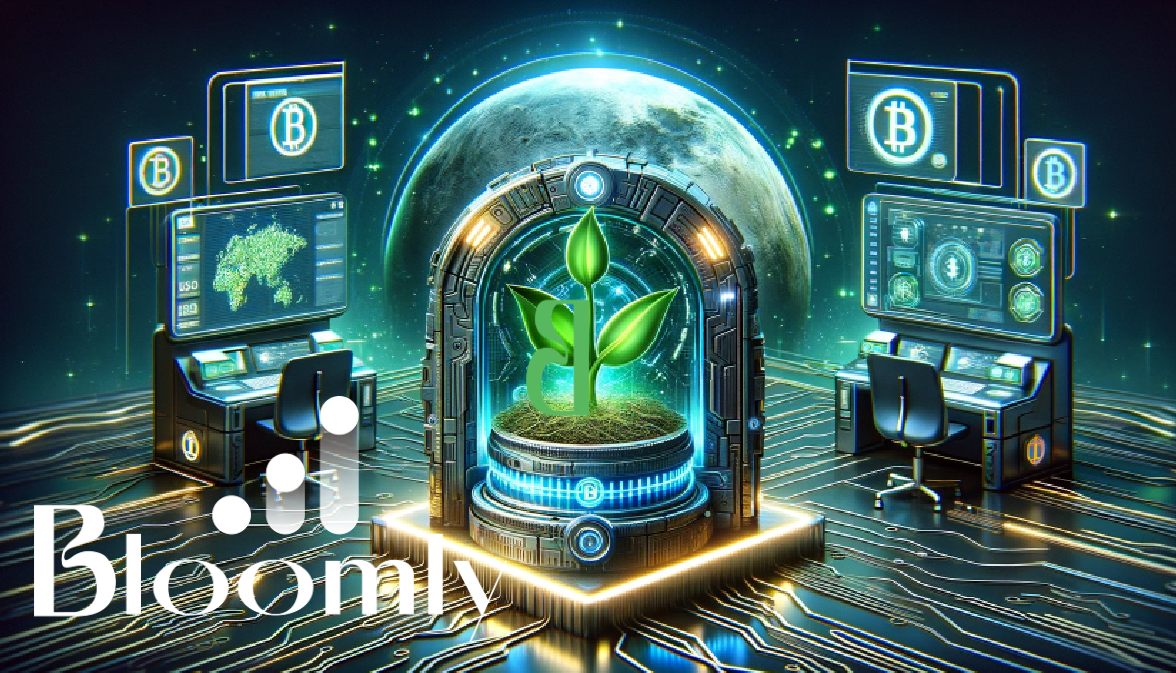
In the dynamic realm of Web3, powered by blockchain technology, smart contracts and Non-Fungible Tokens (NFTs) stand as pillars reshaping the landscape of finance and digital ownership. This article delves into the transformative potential of smart contracts and NFTs within the Web3 ecosystem, illustrating their role in decentralization, creativity, and empowerment.
Understanding Smart Contracts and NFTs
Smart contracts are self-executing agreements coded on blockchain networks, executing actions automatically when predefined conditions are met. NFTs, on the other hand, are unique digital assets representing ownership or proof of authenticity, stored on blockchain platforms like Ethereum.
Key Features and Advantages
- Autonomy and Trustlessness: Smart contracts enable trustless and automated transactions without intermediaries, fostering autonomy, efficiency, and eliminating the need for central authorities.
- Decentralized Finance (DeFi): DeFi, powered by smart contracts, revolutionizes traditional financial services by providing decentralized alternatives to lending, borrowing, trading, and asset management. This eliminates the need for traditional financial intermediaries, reduces transaction costs, and expands financial access globally.
- NFTs for Digital Assets (Art, Gaming, Digital Real Estate):
- Digital Ownership: NFTs empower creators and investors by enabling verifiable ownership and monetization of digital assets, such as digital art, gaming items, and virtual real estate.
- Monetization Opportunities: NFTs allow creators to tokenize their digital creations, enabling them to monetize their work through sales, royalties, and secondary market transactions.
- Community Engagement: NFTs foster vibrant communities and decentralized marketplaces, encouraging collaboration, creativity, and direct interaction between creators and collectors.
- NFTs for Real-world Assets (Real Estate, Commodities, Carbon Credits):
- Asset Tokenization: NFTs facilitate the tokenization of real-world assets, such as real estate properties, commodities, and carbon credits, by representing ownership rights on the blockchain.
- Fractional Ownership: NFTs enable fractional ownership of high-value assets, allowing investors to purchase smaller, more affordable shares of traditionally illiquid assets.
- Liquidity and Accessibility: Tokenizing real-world assets with NFTs increases liquidity and accessibility, unlocking new investment opportunities for a broader range of investors and reducing barriers to entry in traditionally exclusive markets.
Deep Dive DeFi: Decentralized Finance (DeFi)
Decentralized Finance (DeFi) stands as a beacon of innovation within the Web3 landscape, leveraging smart contracts to transform traditional financial instruments into decentralized protocols. By harnessing the power of blockchain technology, DeFi protocols replicate and enhance the functionalities of traditional finance (TradFi) while removing the reliance on centralized intermediaries. This paradigm shift holds significant importance for several reasons:
- Financial Inclusion: DeFi protocols enable global access to financial services without the need for a traditional bank account or credit history. Anyone with an internet connection can participate in lending, borrowing, trading, and earning interest, leveling the financial playing field and empowering individuals worldwide.
- Elimination of Intermediaries: Traditional finance relies heavily on intermediaries such as banks, clearinghouses, and brokers to facilitate transactions and enforce trust. DeFi eliminates these intermediaries by replacing them with smart contracts, reducing costs, increasing efficiency, and mitigating counterparty risk.
- Transparency and Security: DeFi operates on public blockchain networks, providing unprecedented transparency and auditability of transactions. Smart contracts execute automatically according to predefined rules, eliminating human error and reducing the risk of fraud or manipulation.
- Innovation and Customization: DeFi platforms offer a wide range of financial products and services, including decentralized exchanges (DEXs), lending and borrowing protocols, yield farming, and liquidity pools. These platforms allow for rapid innovation and customization, empowering developers to create new financial instruments and tailor them to the needs of users.
- Decentralized Governance: Many DeFi protocols incorporate decentralized governance mechanisms, allowing users to participate in decision-making processes and shape the future direction of the platform. This democratic approach to governance promotes community engagement and ensures that the interests of users are prioritized.
DeFi represents a fundamental shift in the way financial services are accessed, delivered, and governed. By democratizing access to financial markets, eliminating intermediaries, and promoting transparency and innovation, DeFi has the potential to revolutionize the global financial system and empower individuals to take control of their financial futures.
Web3 Future Outlook
Smart contracts and NFTs represent the cornerstone of Web3, revolutionizing finance, digital ownership, and asset tokenization. By harnessing the power of decentralization and blockchain technology, these innovations democratize access to financial services, empower creators, and promote inclusivity in investment opportunities. As the Web3 ecosystem continues to flourish, smart contracts and NFTs will continue to catalyze transformative change, unlocking new opportunities and possibilities for global communities.

References:
- Buterin, Vitalik. “Ethereum: A Next-Generation Smart Contract and Decentralized Application Platform.” 2014.
- Estes, Adam. “How Non-Fungible Tokens (NFTs) Are Changing the Creative World.” 2021.
- Nakamoto, Satoshi. “Bitcoin: A Peer-to-Peer Electronic Cash System.” 2008.
- Johnson, Alice. “The Rise of Decentralized Finance: A Comprehensive Guide.” 2022.
- Smith, David. “Tokenization of Real-world Assets: A New Era of Investment.” 2023.
